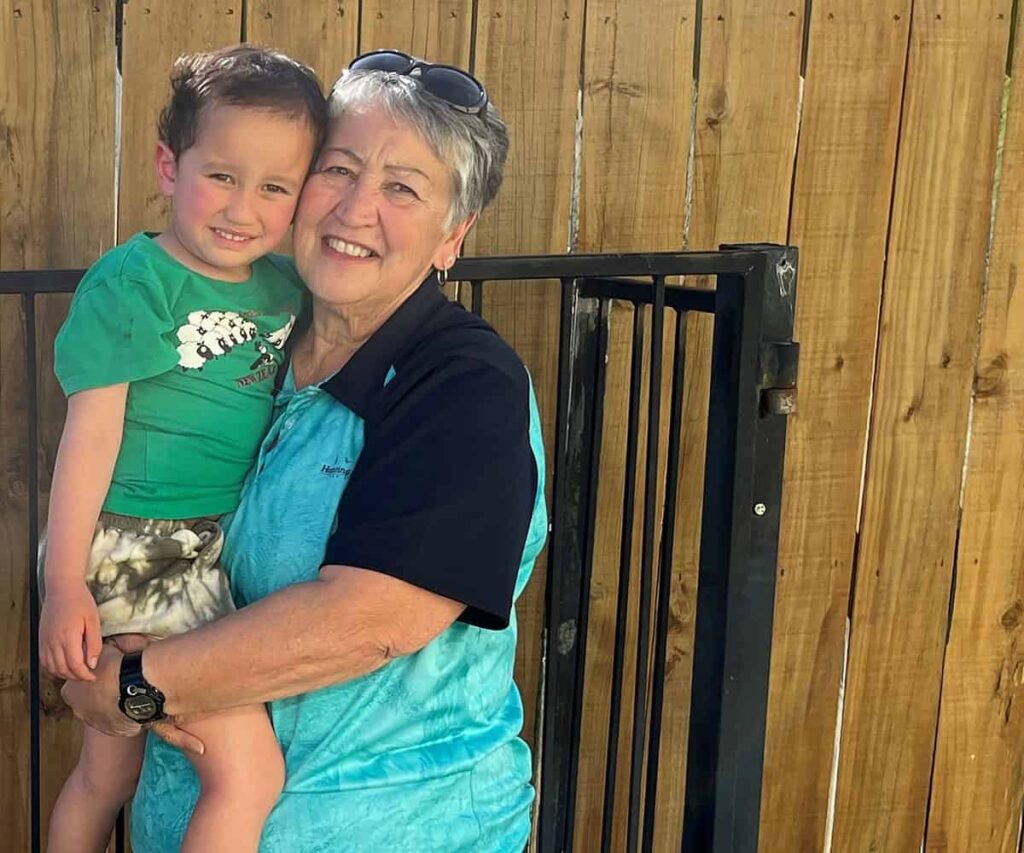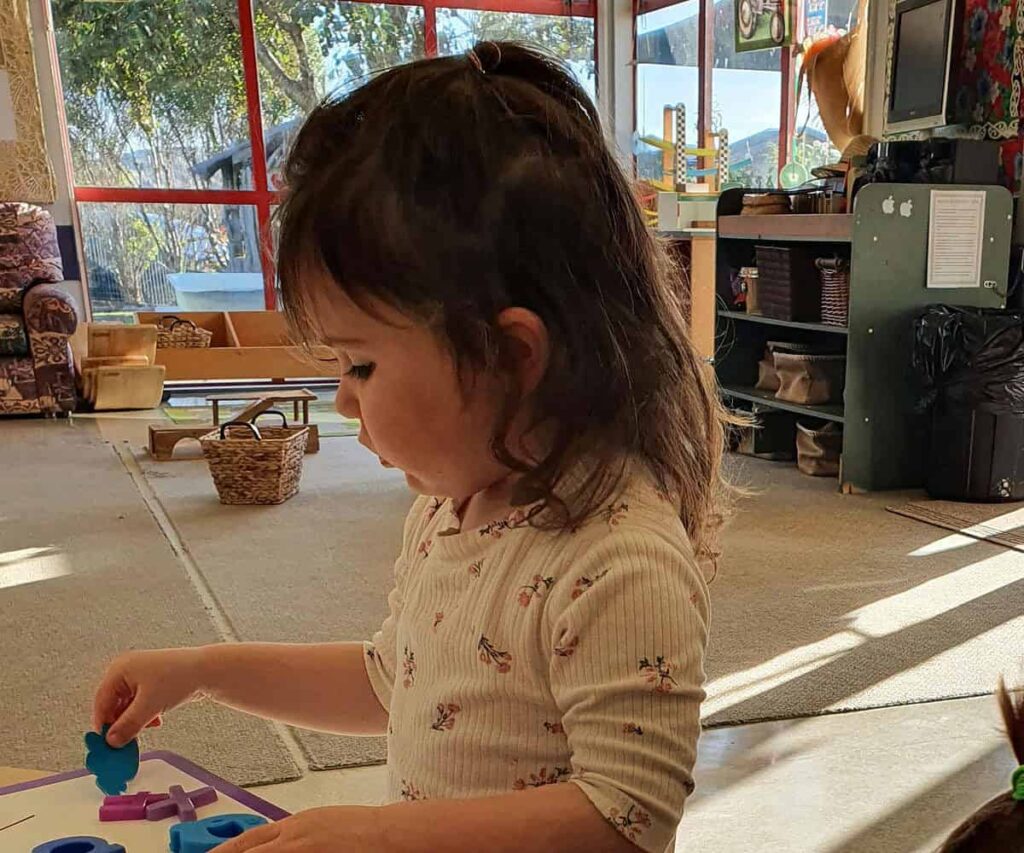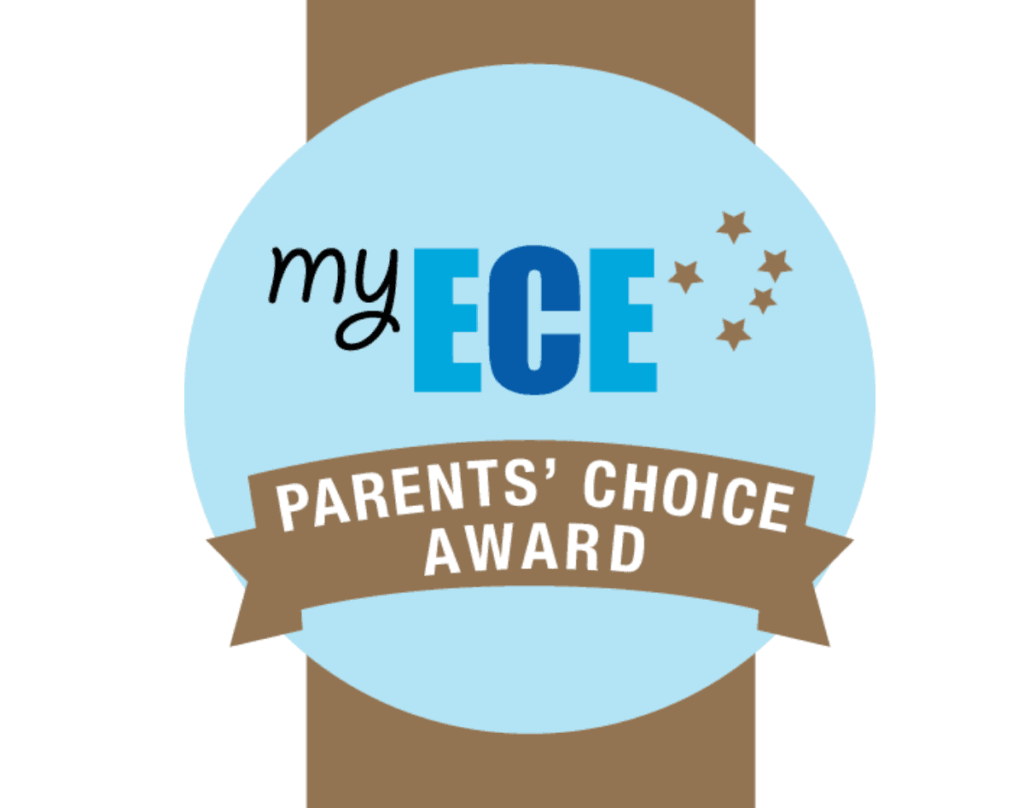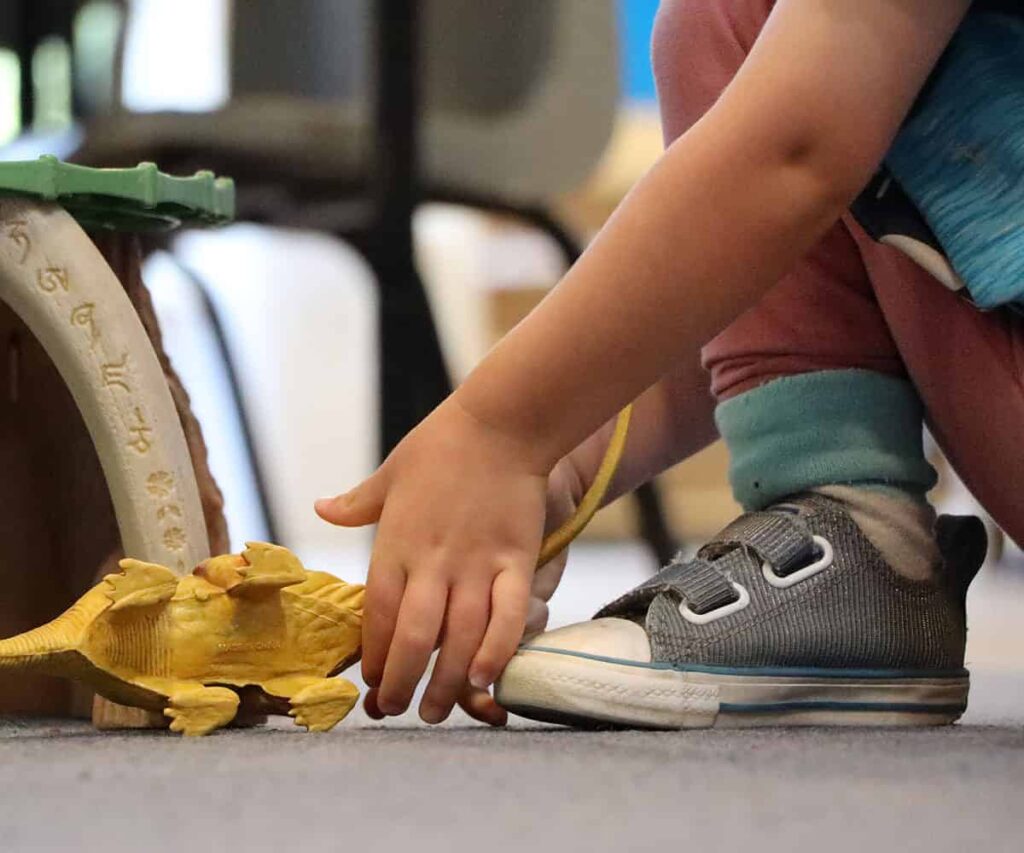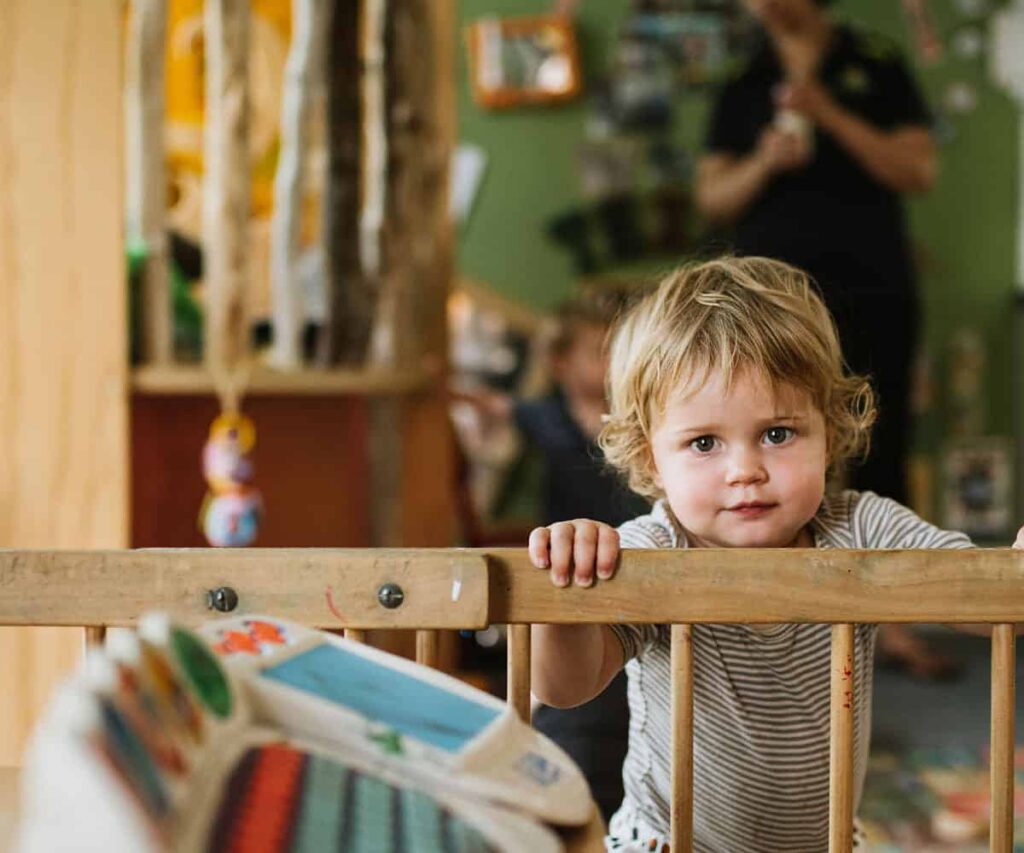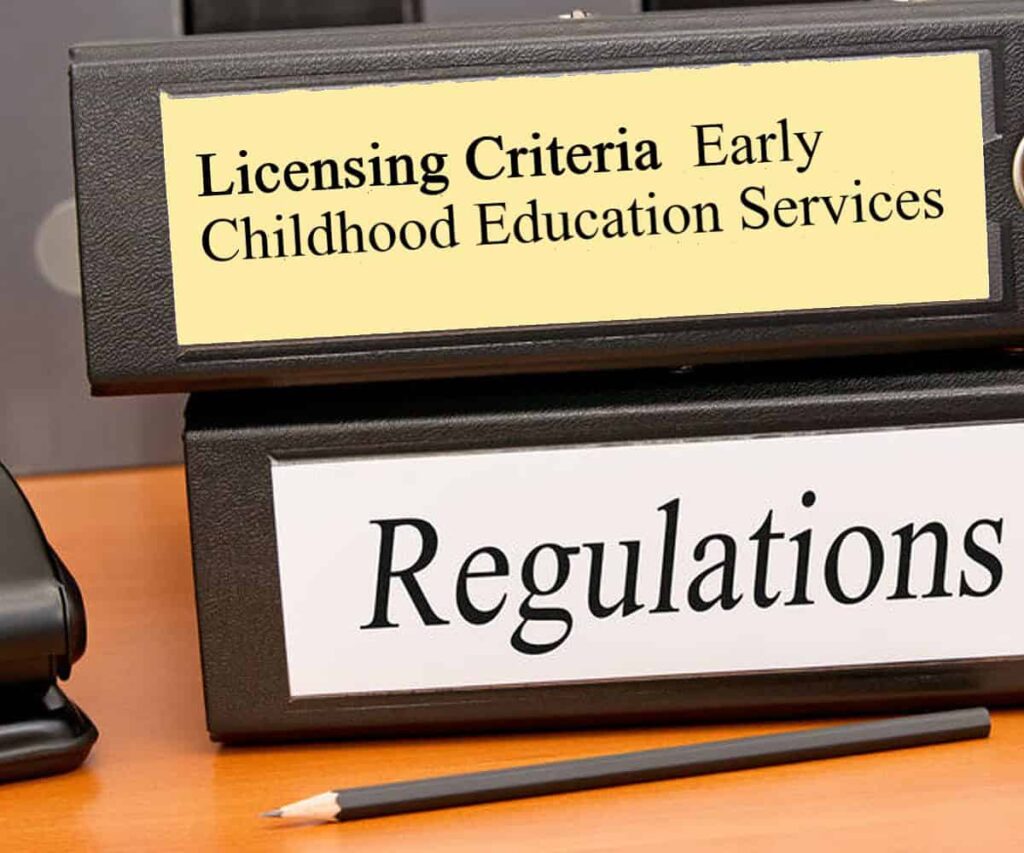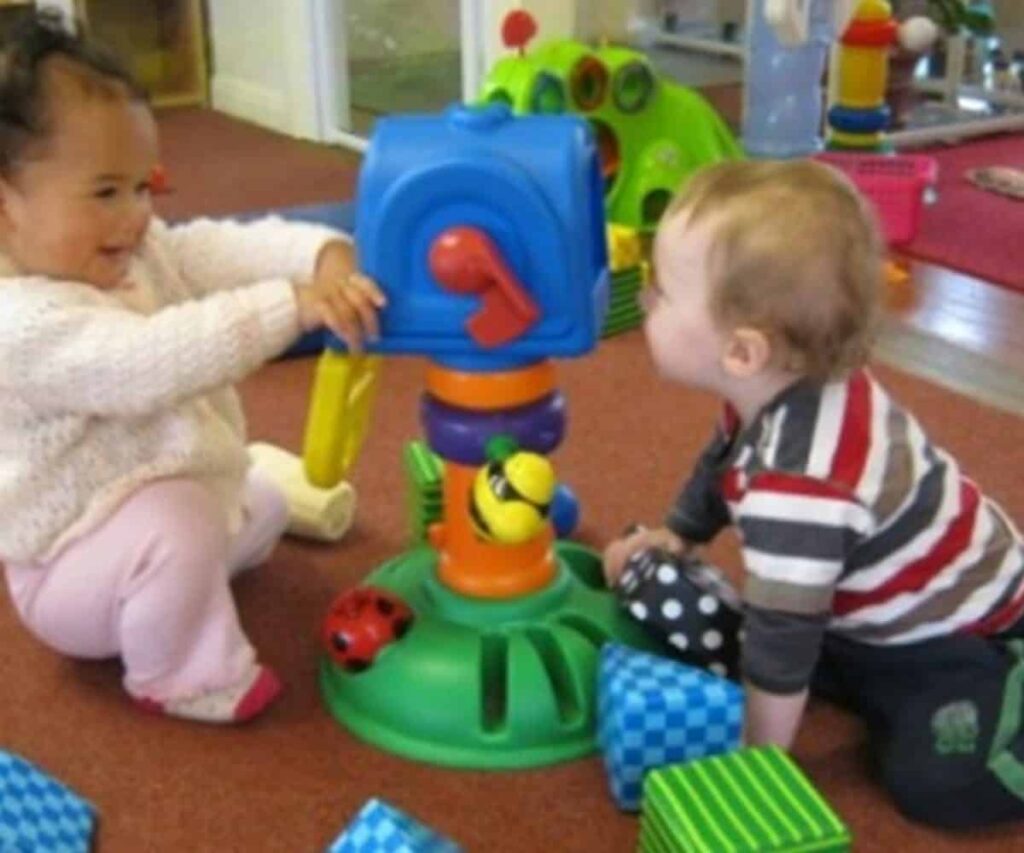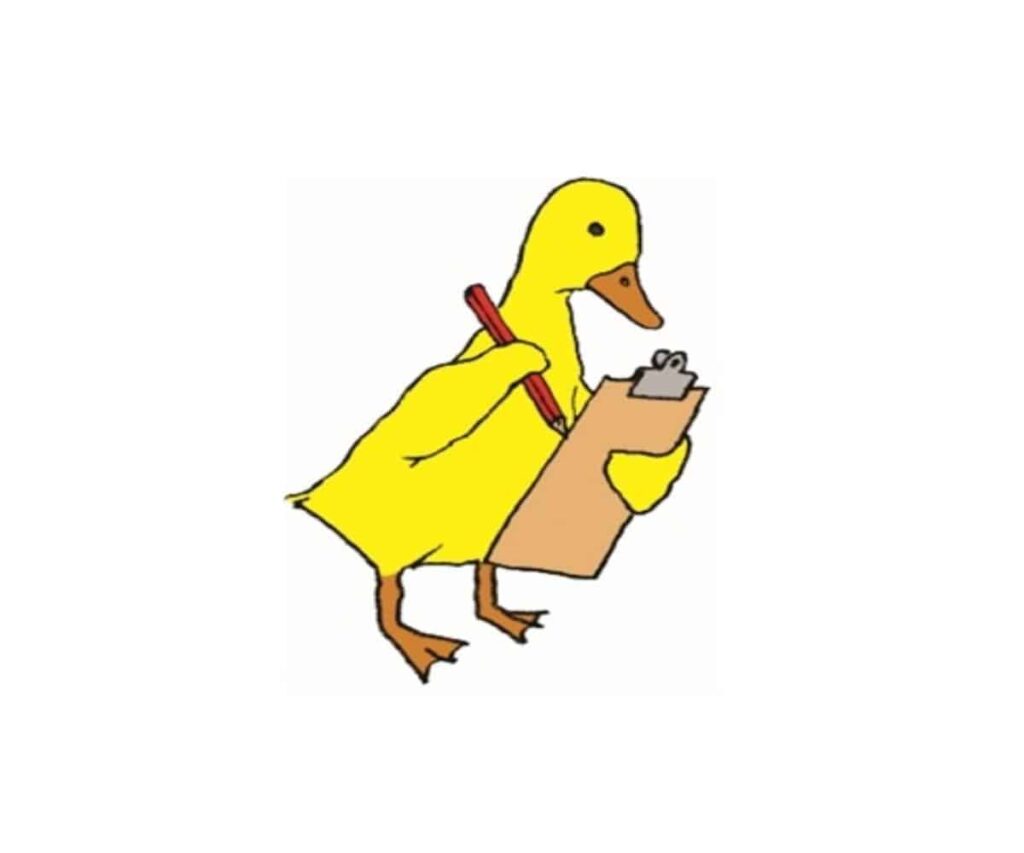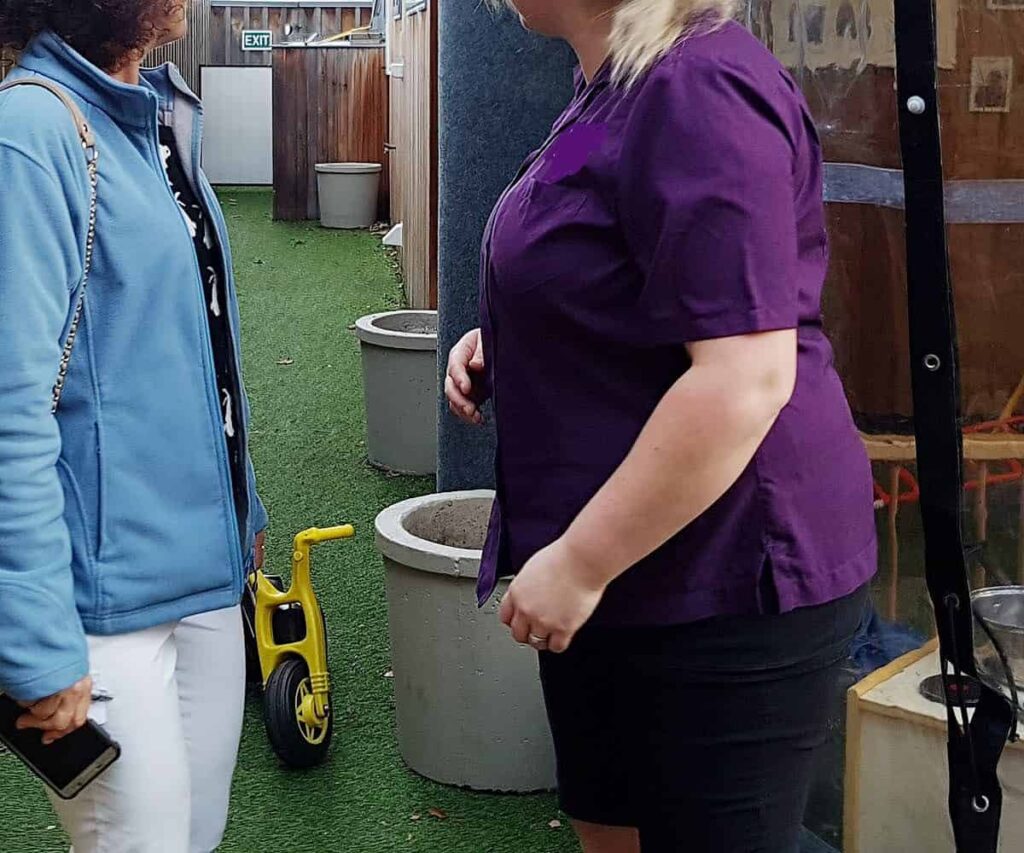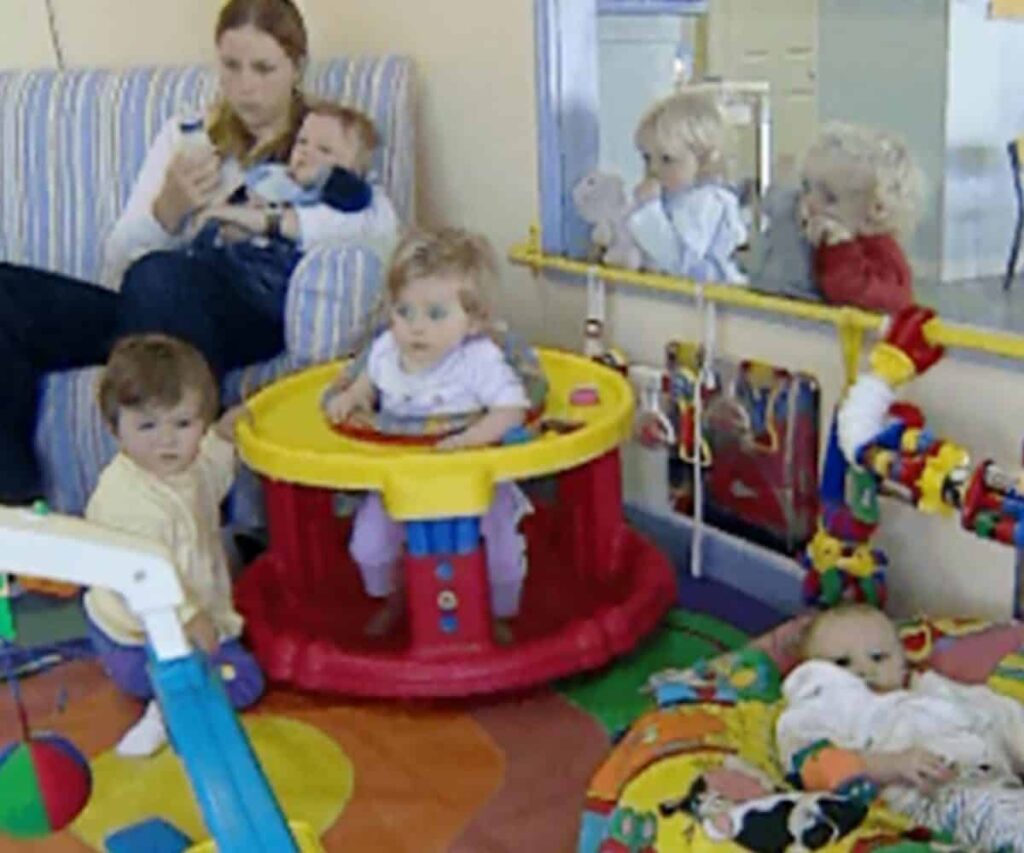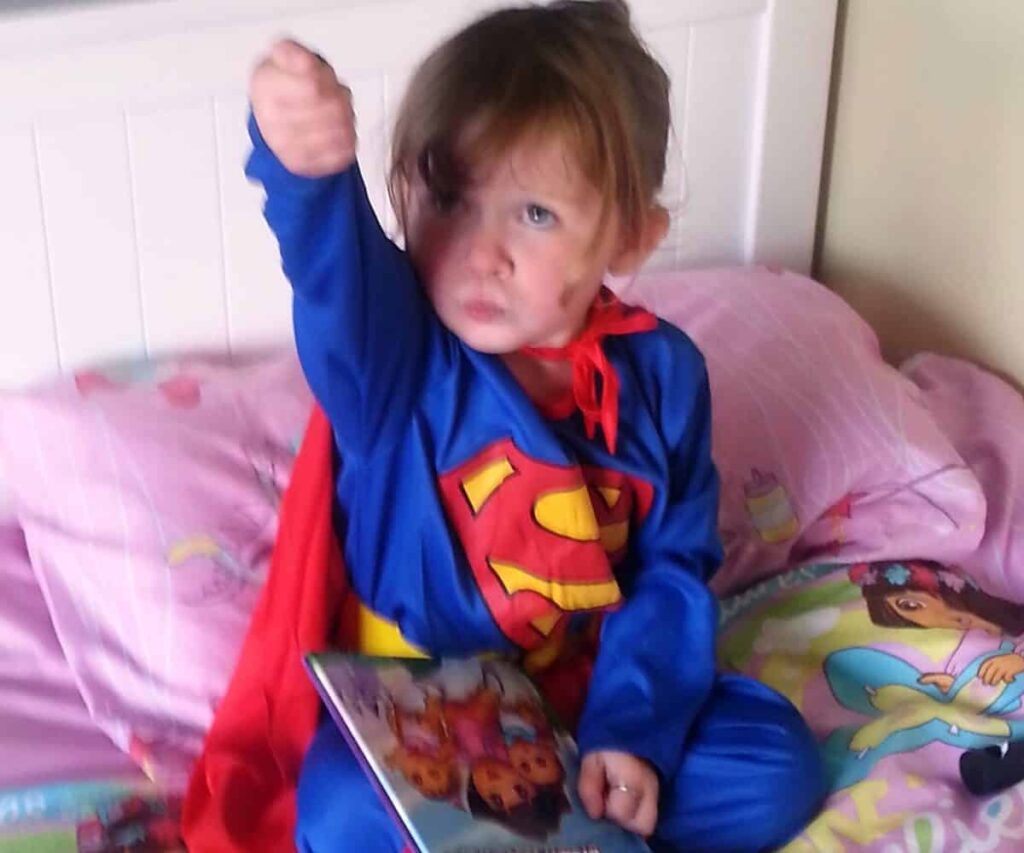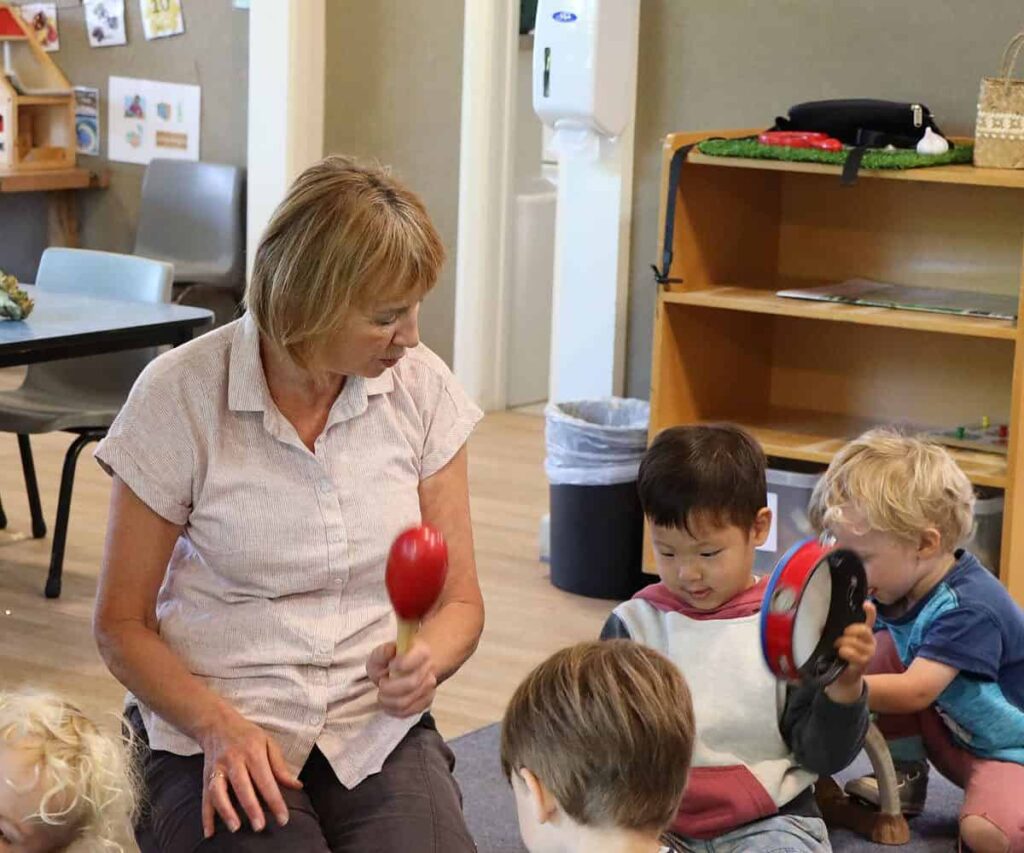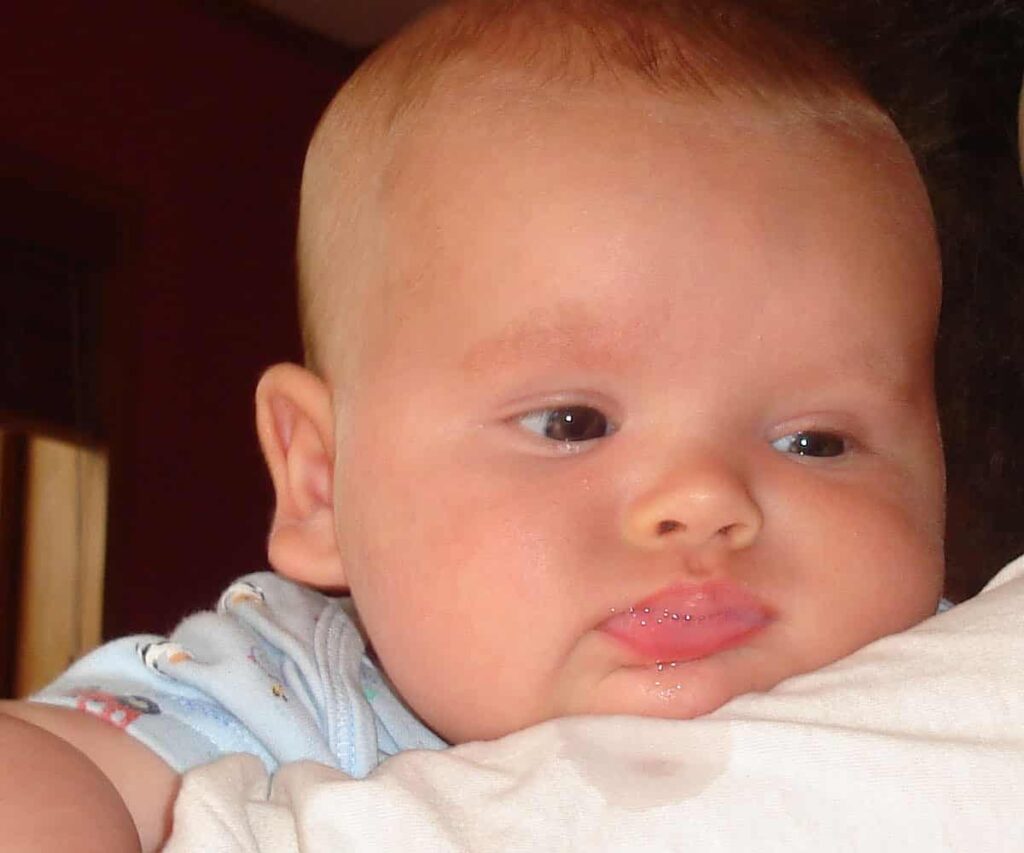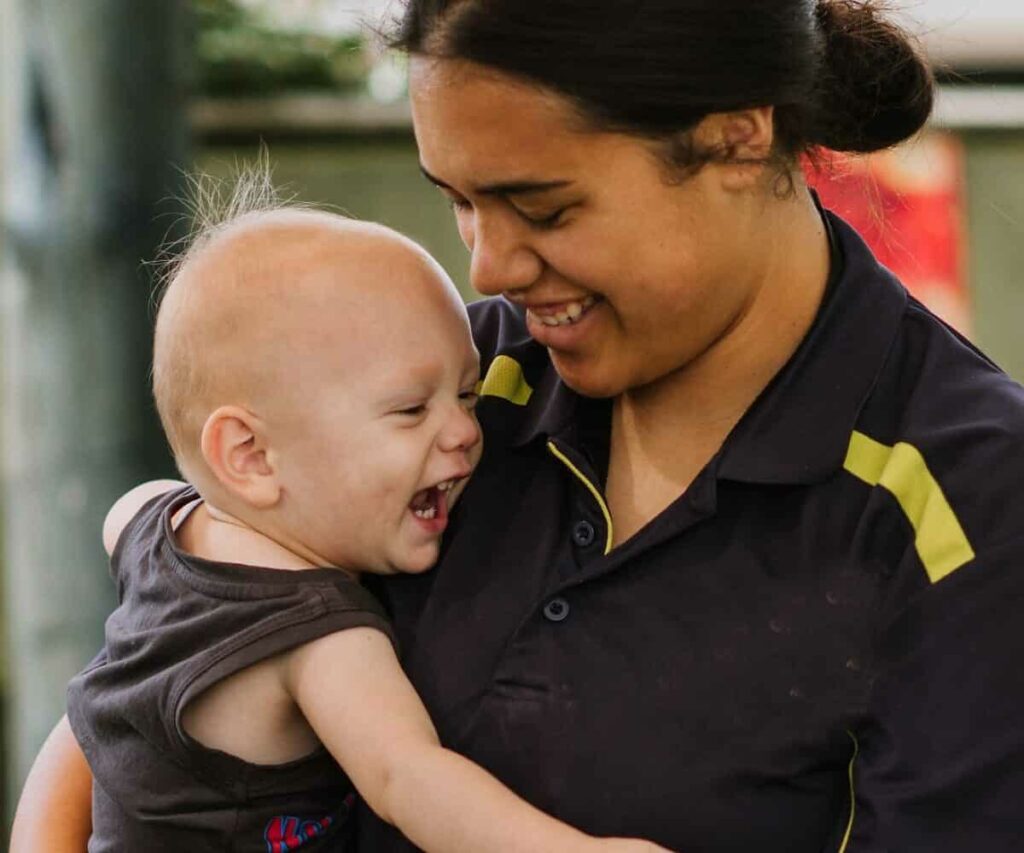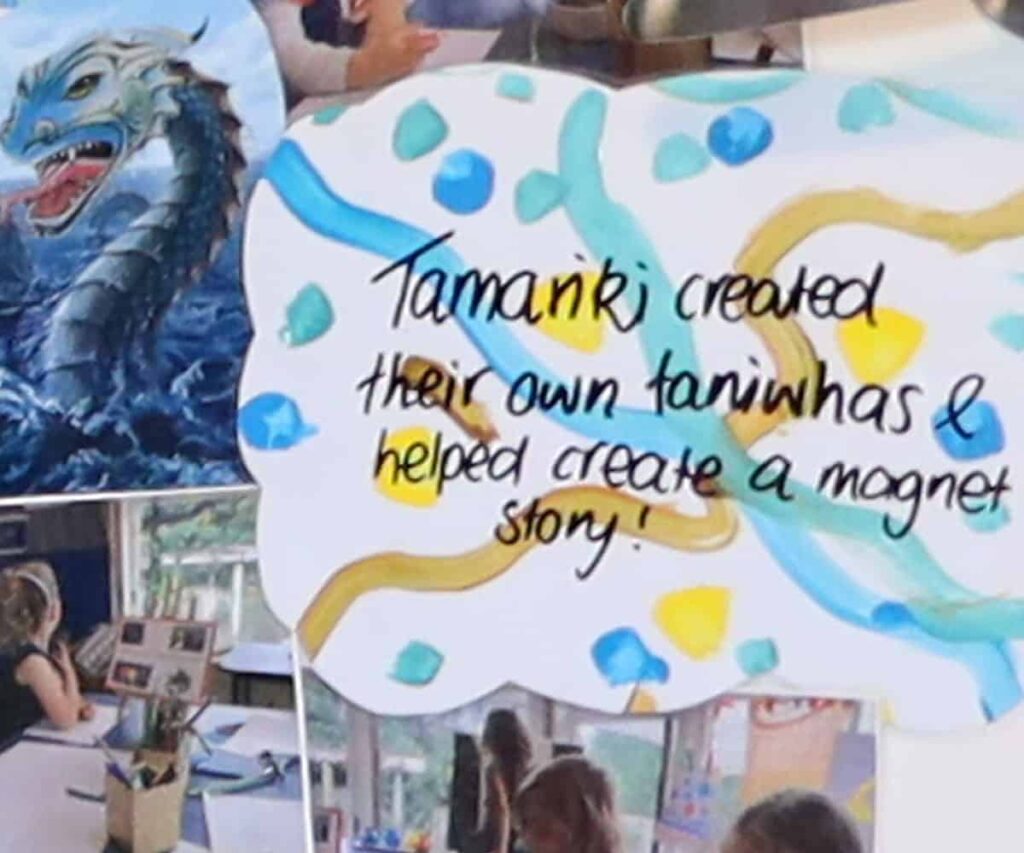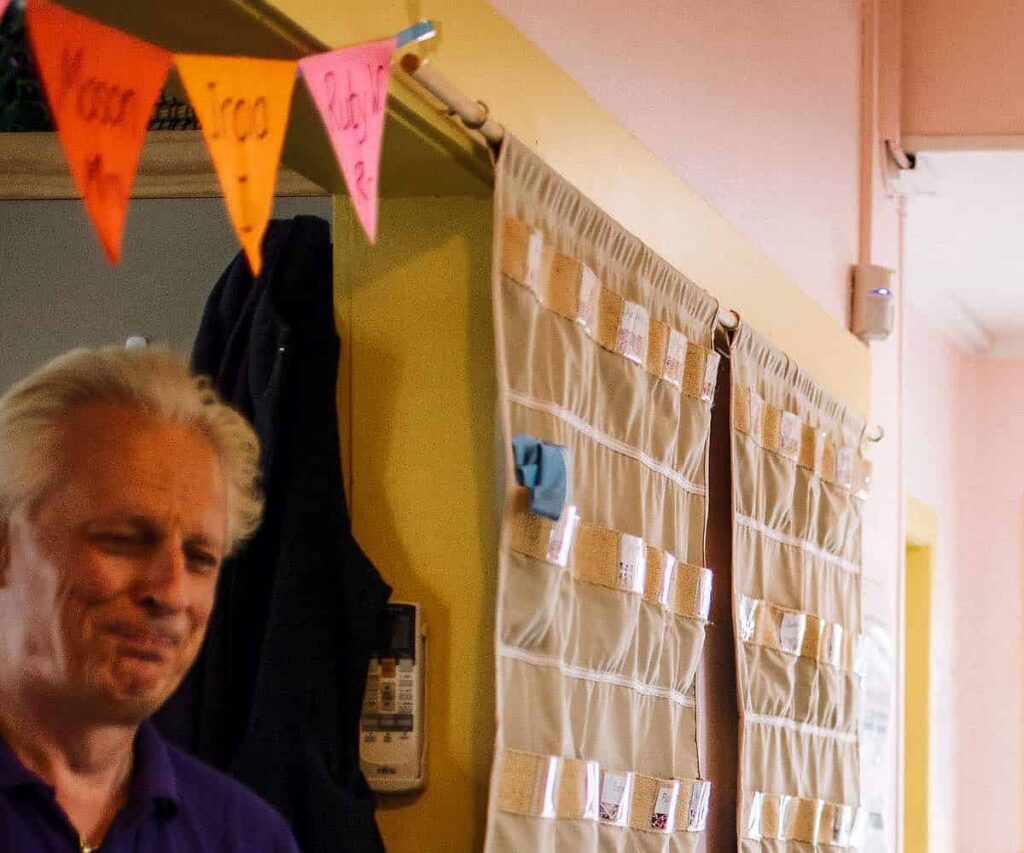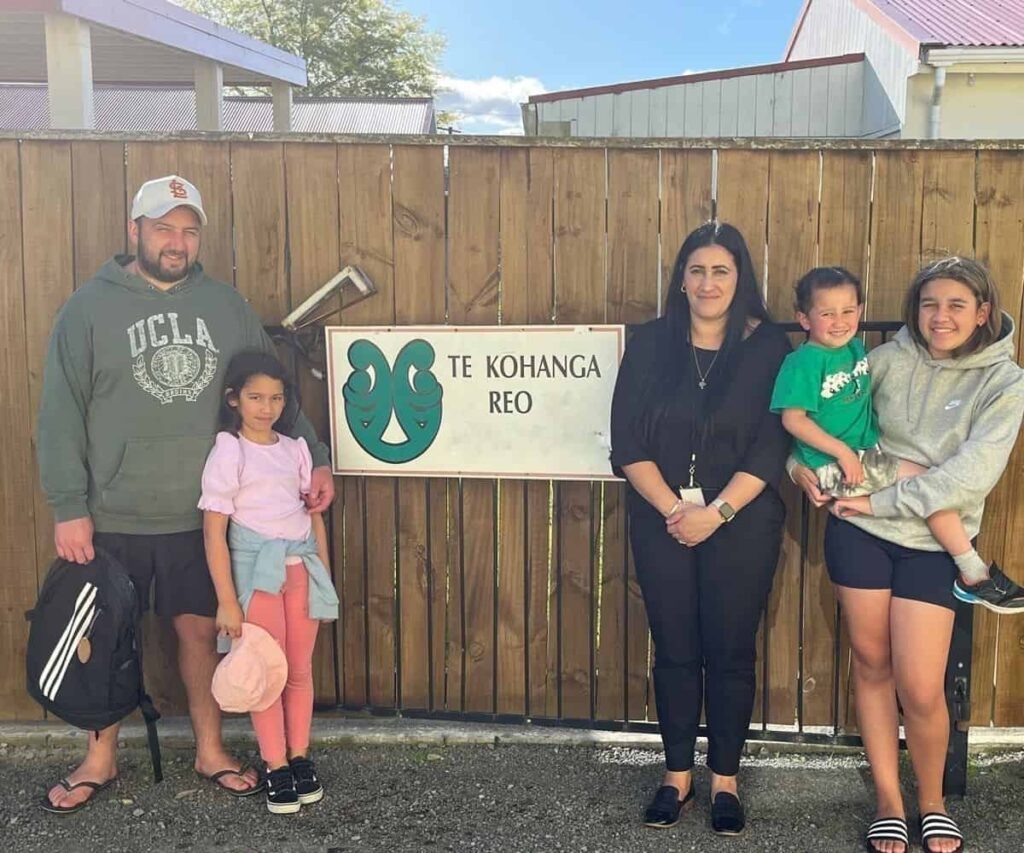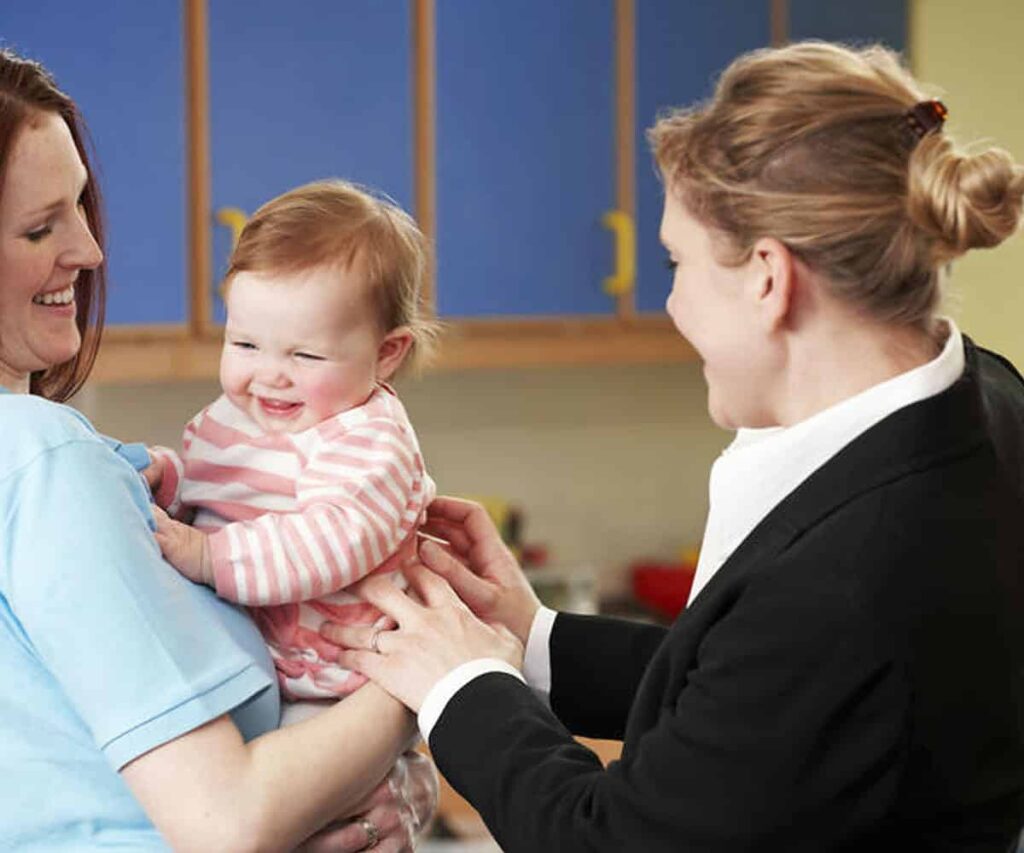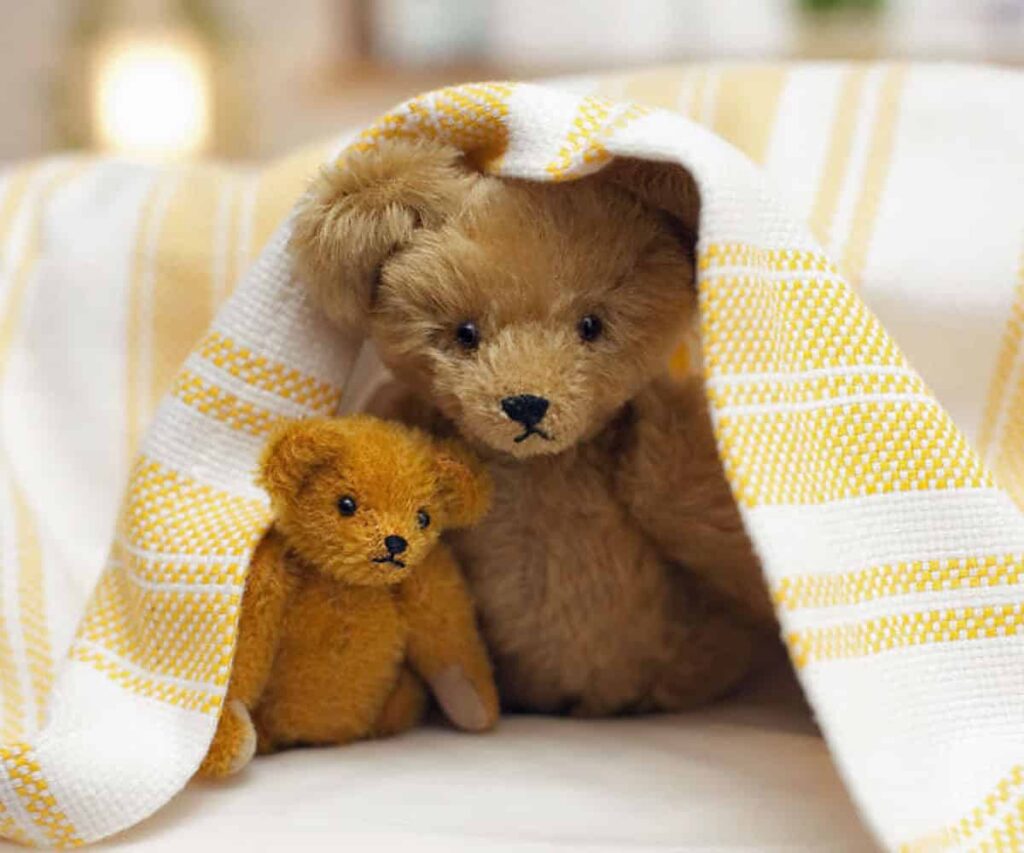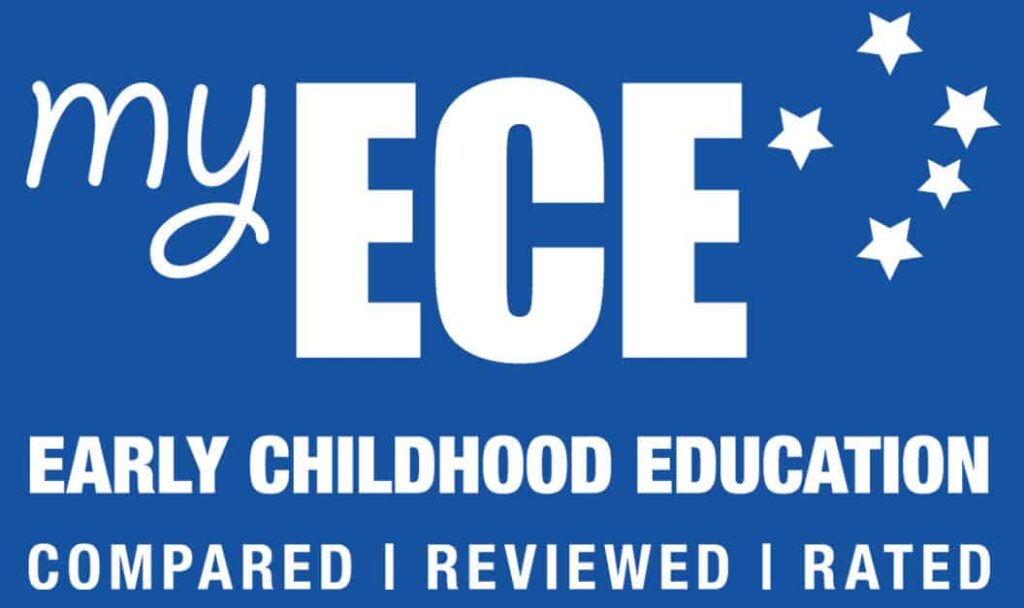Providing at least adequate facilities for the care of sick, injured, hurt, or soiled children is a basic requirement all early childhood centres and home-based services must meet.
Sick children
The service must have a space available at all times where a sick children can be kept temporarily away from other children to:
- Prevent cross-infection.
- Lie down comfortably.
- Be supervised.
An unwell child must be returned without delay to the care of a parent or other authorised person. The legal criterion of returning an unwell child to a parent without delay suggests that the child is taken to the parent immediately. It could be hard to meet this requirement because when a parent is able to pick up their child can be out of the service’s control.
Immediate medical assistance must be sought for any child in a serious or life-threatening condition, and first aid given (e.g., resuscitation if the child stops breathing).
Injured or hurt children
First aid must be provided to the hurt child as needed, by the first aid qualified person/s at the service or supervised by a first aid qualified person.
All practicable steps are taken to get immediate medical assistance for badly hurt children.
When a child has suffered a serious injury or suspected serious injury such as a bang to the head, the service must notify parents immediately e.g., by phone.
Should the injury be a minor one, e.g., a scrapped knee resulting in little bleeding and child is able to return to play, parents must be told of this hurt when they collect their child at the end of the day should the service not already have phoned them.
Body wash facilities
In homebased services there must be a plumbing fixture (such as a shower, Shub, or bath) for washing sick or soiled children
In centres there must be suitable facilities provided for washing sick or soiled children and a procedure outlining how hygiene and infection control outcomes will be met when washing sick and soiled children. It is not a requirement for body washing facilities to be separate to any other washing facilities – but dedicated facilities are best for hygiene and to prevent cross-infection. Parents are advised to check if their service has separate wash facilities for children who need washing e.g., when a child has vomited, had an injury or nosebleed, or defecated.
Bathing children
Children are washed when they are soiled or pose a health risk to themselves or others. Note that the requirement does not state who must wash the child and if this must be done in a timely and sensitive way. It leaves open the possibility that a child may be left in an uncomfortable state until the parent is available to return to the service to collect or clean their child. We suggest you ask your service what its policy on this is.
The water temperature must be no higher than 40°C to reduce the risk of scalding. A tempering valve or other accurate means of limiting hot water temperature is installed.
Failing to meet minimum standards
The Ministry of Education needs to know:
- If you are concerned children’s needs are not being met.
- If you are concerned a service is not meeting a minimum legal requirement.
READ MORE: How to make a complaint and your options.
CAUTION: This page and the information here is provided as part of the My ECE Guide to Regulations and Licensing Criteria for Early Childhood Education Services (The Guide). The Guide does not purport to be a full and accurate interpretation of all statutory provisions relating to early childhood education services. While best efforts have been used in preparing this guide, no representations or warranties of any kind are made and My ECE assumes no liabilities of any kind with respect to the accuracy or completeness of the content. Please note that the Government and Ministry of Education may change, update, or alter any of the requirements at any time. Please help to keep the information on this page up to date by letting us know of changes that need to be made.
Thank you! Kia pai te rā
Reference:
Hurt, Sick or Soiled Children – Washing and Isolation Facilities, and Medical Assistance. Published in the My ECE Guide to Regulations and Licensing Criteria for Early Childhood Education Services, prepared by Dr Sarah Alexander and Warwick Marshall.
Last reviewed: 20 November 2022
